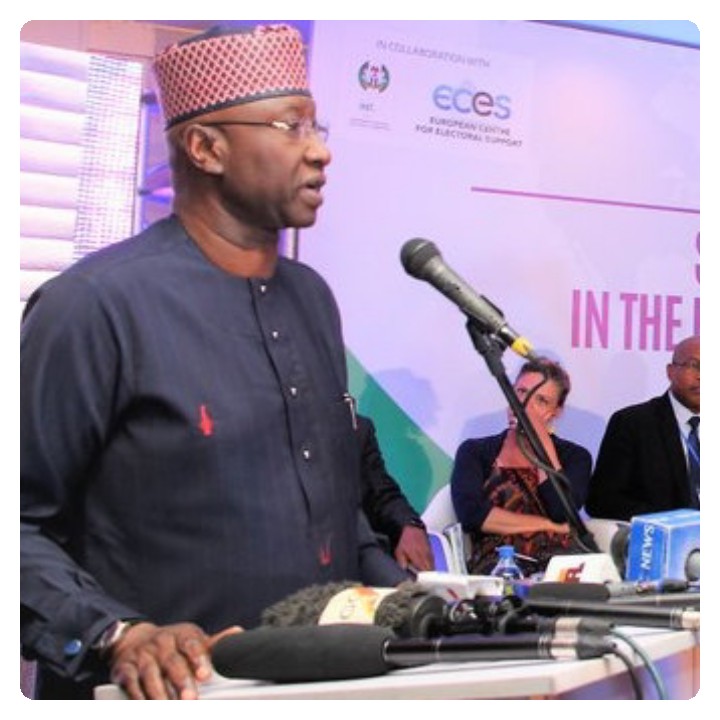Stamp Duty: FG Has Collected N20bn From Banks In 2020

The total amount of N20 billion has been collected by The Federal Inland Revenue Service (FIRS) for stamp duty between January and June 2020.
A compulsory charges of N50 stamp duty is charged on all deposits at Banks, and electronic transfers of naira-denominated current and savings accounts for transactions of 10,000 and above.
ALSO CHECK: Complete List Of Nigerian Banks USSD Codes For Mobile Banking
The charge is mandated by the Finance Act of 2019, and the revenue is remitted to the Federal Government.
While speaking during the inauguration of the inter-ministerial committee on audit and recovery of stamp duty on Tuesday, June 30, 2020, FIRS chairman, Muhammad Nami, noted that only a total of N18 billion was collected as stamp duty in 2019.
His full statement reads;
“The amendment and the effective implementation of the Stamp Duty Act, simplified administration process, and the audit and recovery exercise will raise the revenue bar for the government significantly,” he said.
He promised that the FIRS is prepared to reposition stamp duty as the next major revenue source for Nigeria as the country struggles to turn its attention away from the dwindling oil market.
“Indirect taxes such as stamp duty remain the viable and sustainable alternative revenue source for funding budgetary requirements by the Nigerian government.“
The unstable global oil market, worsened by the coronavirus pandemic, has significantly damaged the Nigerian government’s earning power as the country depends on oil revenue.
While speaking at the event, the Secretary to the Government of the Federation (SGF), Boss Mustapha, said there’s potential to generate high returns from stamp duty collection and make it second only to crude oil earnings.
He said S.D revenue has the potential to yield up to N1 trillion annually if properly harnessed.
ALSO SEE: Top 6 Online Working Capital Loan Lenders To SMEs
He continues;
“The government has recognized the fact that for meaningful development to be achieved, it has to look inwards to use every available means to shore up its revenue-generating capacity.
“For too long, the country has depended on oil as the main cash cow of the economy even though it is richly endowed with other viable revenue yielding sources.
“In the face of dwindling oil revenue, and the global shift away from oil-dependent technological products, it is even more compelling now to begin to think out of the box in order to safeguard the future of our country.”
Source: Pulse